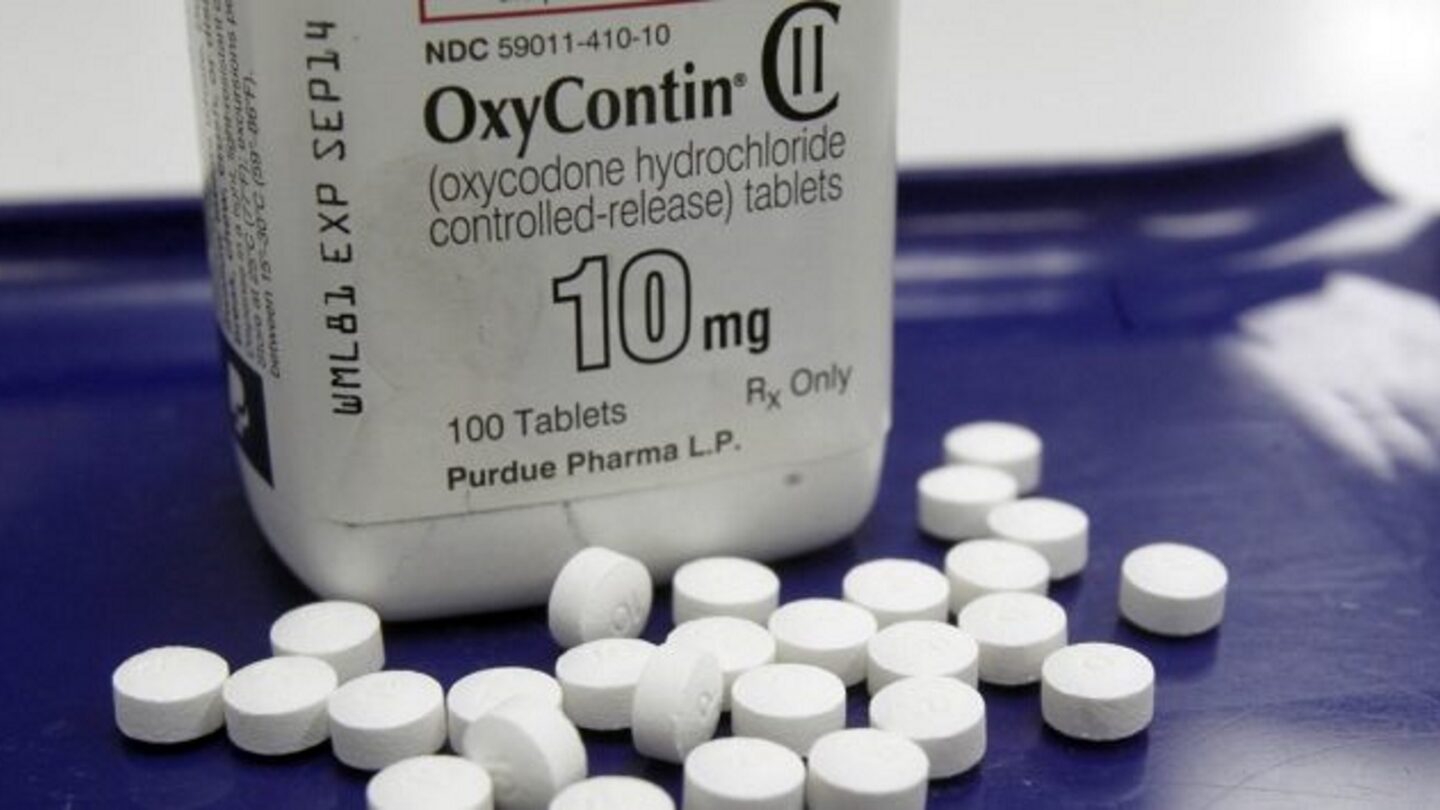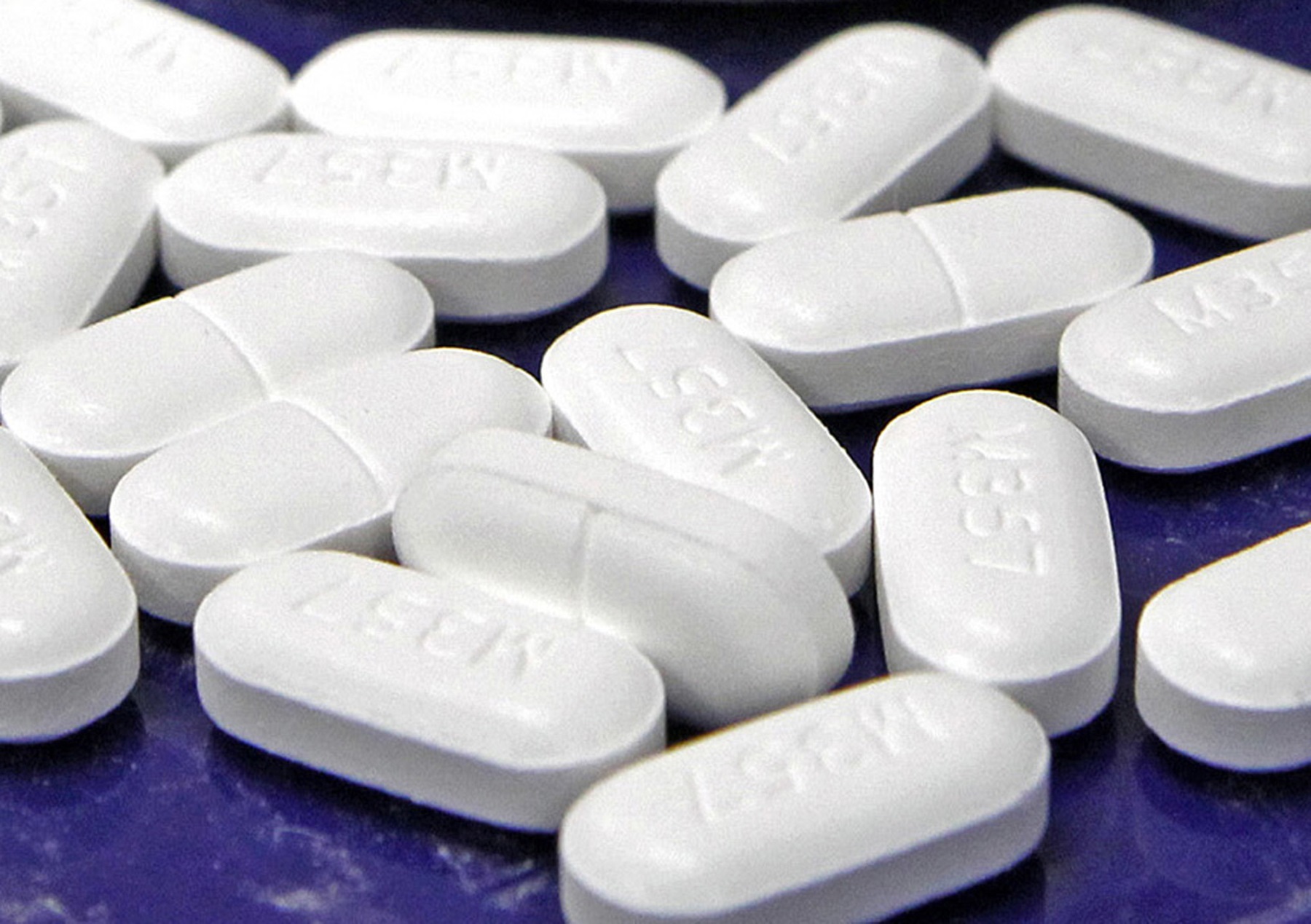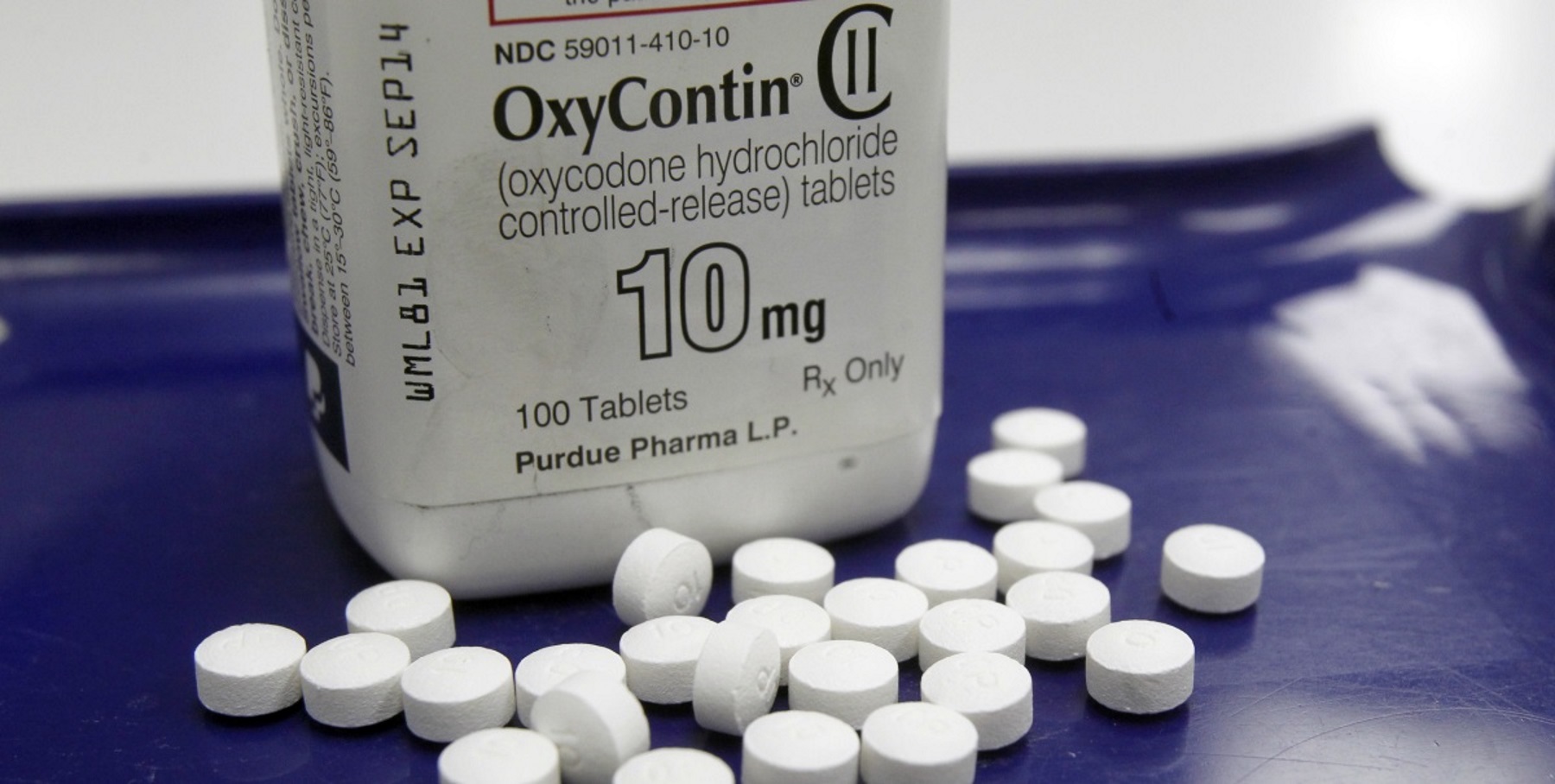Ga. Health Officials Unclear On Impact Of National Opioid Emergency Declaration

There’s no clarity on how much money, if any, Georgia’s clinics may receive to deal with the opioid epidemic.
President Donald Trump declared the opioid epidemic a national public health emergency last week, but state health officials said there’s still no clarity on how it practically benefits the state.
Georgia Department of Public Health Commissioner J. Patrick O’Neal said he does not know how the declaration will impact Georgia.
“Georgia, like the rest of the country, is in the midst of an opioid epidemic,” O’Neal said. “Whether it manifests itself in a cluster of opioid overdoses as we saw earlier this year or the number of babies being born addicted to drugs and experiencing heartbreaking withdrawal symptoms in the first hours after birth, opioid addiction, overdoses and abuse of prescription pain medications are a public health emergency.”
He said the additional attention to the opioid epidemic “may lead to ways to reduce the number of individuals and families affected by or dying from opioid overdoses every day in Georgia.”
Teresa Johnston is executive director for the Young Adult Addiction and Recovery Center at Kennesaw State University.
“We are hopeful that funding will come to the center,” Johnston said. “As a recovery support service and also a center that does research and education, I think that we are expecting some funding to come through.”
Johnston said many in the public health community are disappointed there are no new dedicated funds, but she said she hopes the emergency declaration will redirect some money to KSU for its research and educational training on opioid abuse.
“Although many officials are disappointed in the fact that new funds are not available, the declaration may help to break down silos and provide quicker action steps for health agencies and redirect funds,” she said.
There’s no clarity though on how much money, if any, Georgia’s clinics may receive.
Anne Spaulding, a physician-researcher at Emory University, says, if anything, more awareness and flexible funding could help agencies collaborate more effectively and collect more data.
“Some people liken Atlanta as being the public health capital of the world. We do have researchers at the CDC (Centers for Disease Control and Prevention), institutions around the state who I am sure are ready to take on the challenge of trying to reverse the trends that we’re seeing.”
Public health emergencies expire after 90 days, though they can be renewed.
There were 942 opioid-related deaths in Georgia last year.








